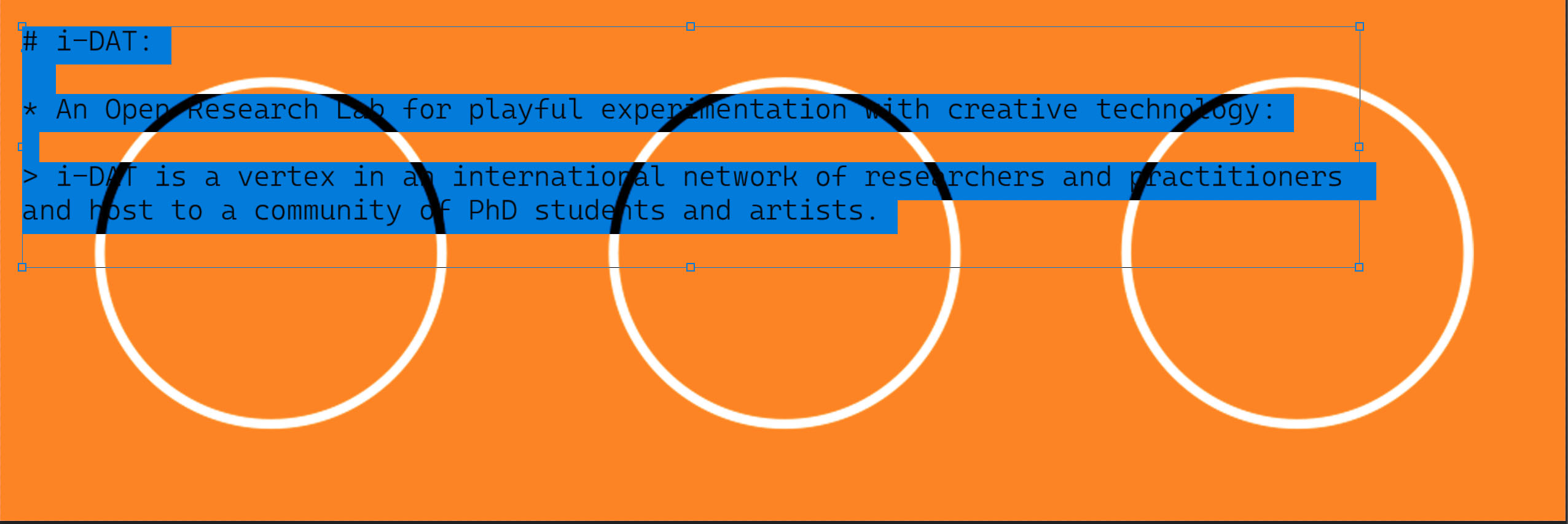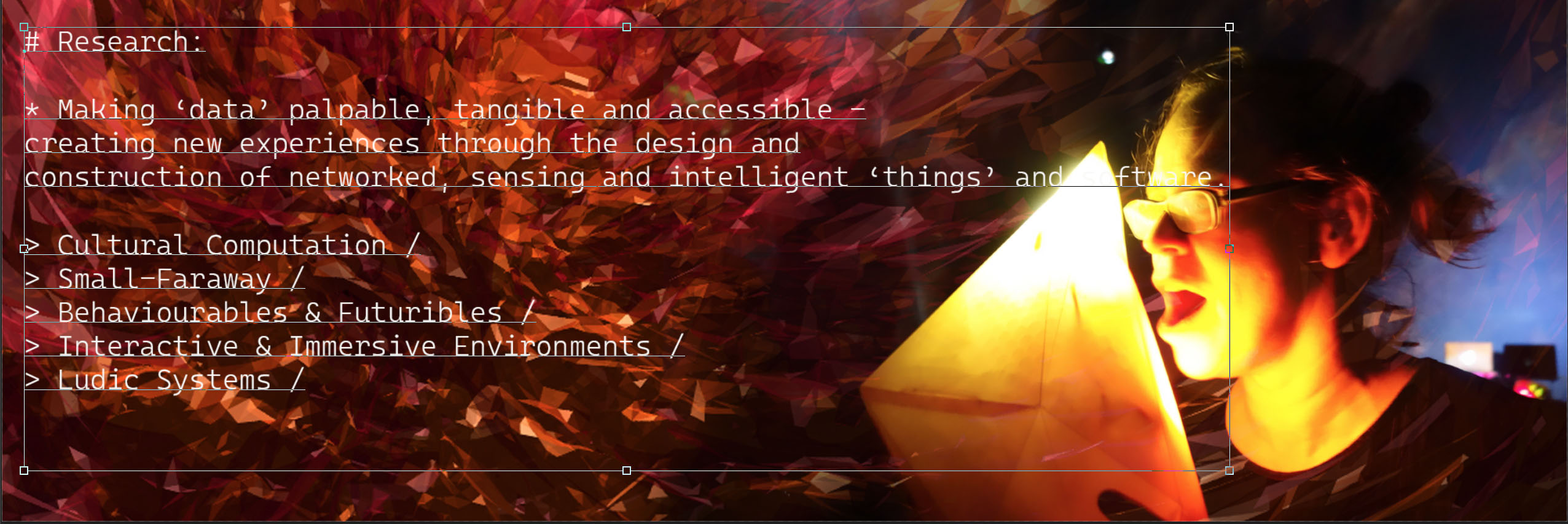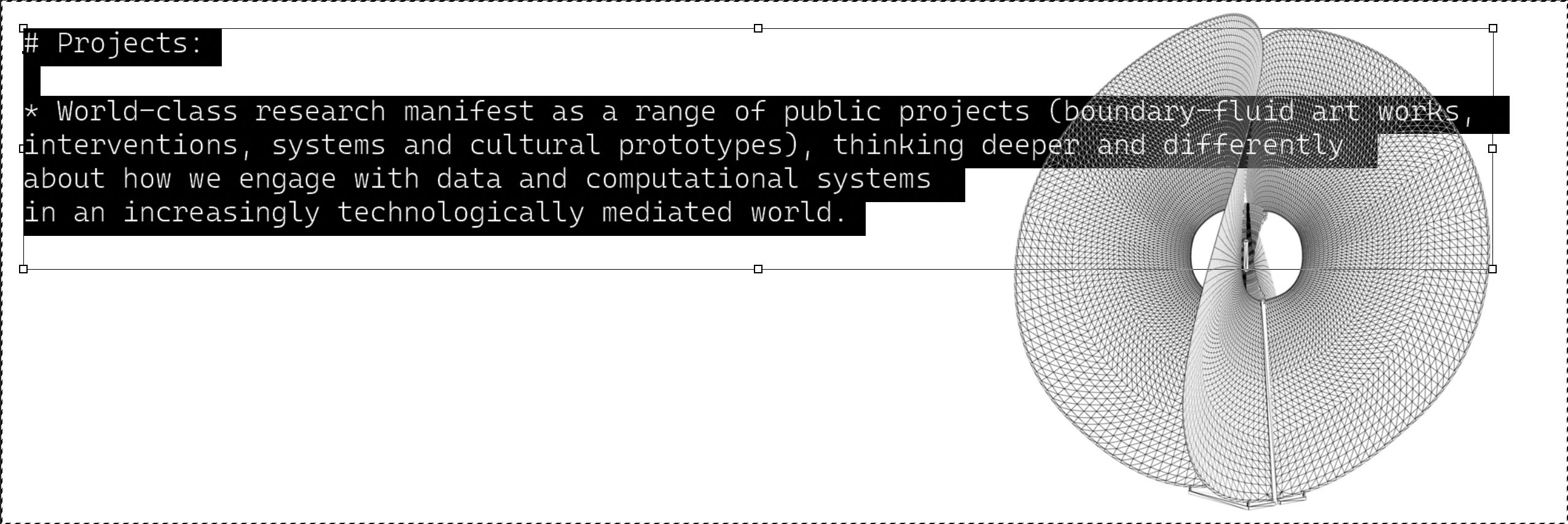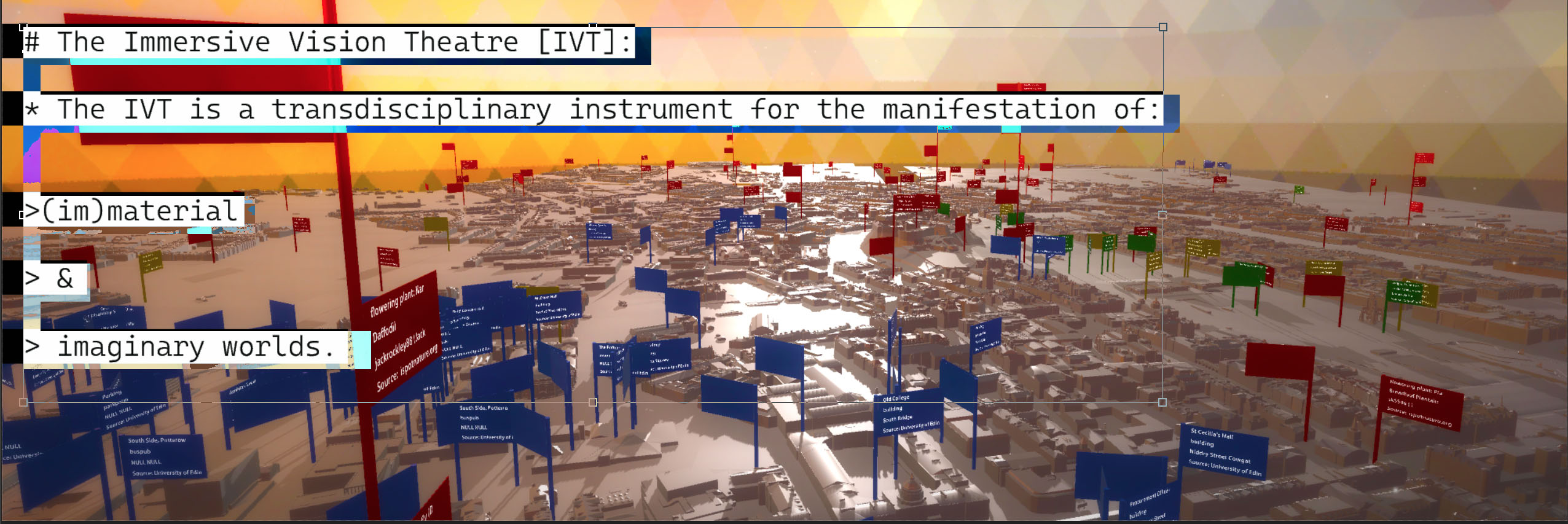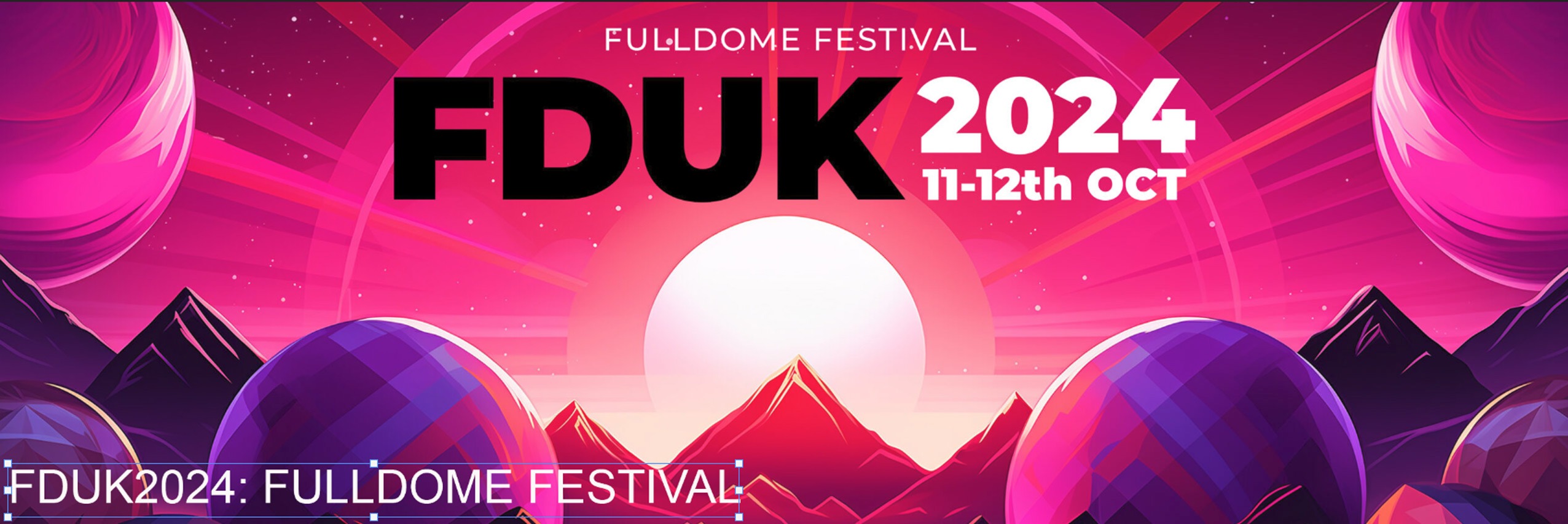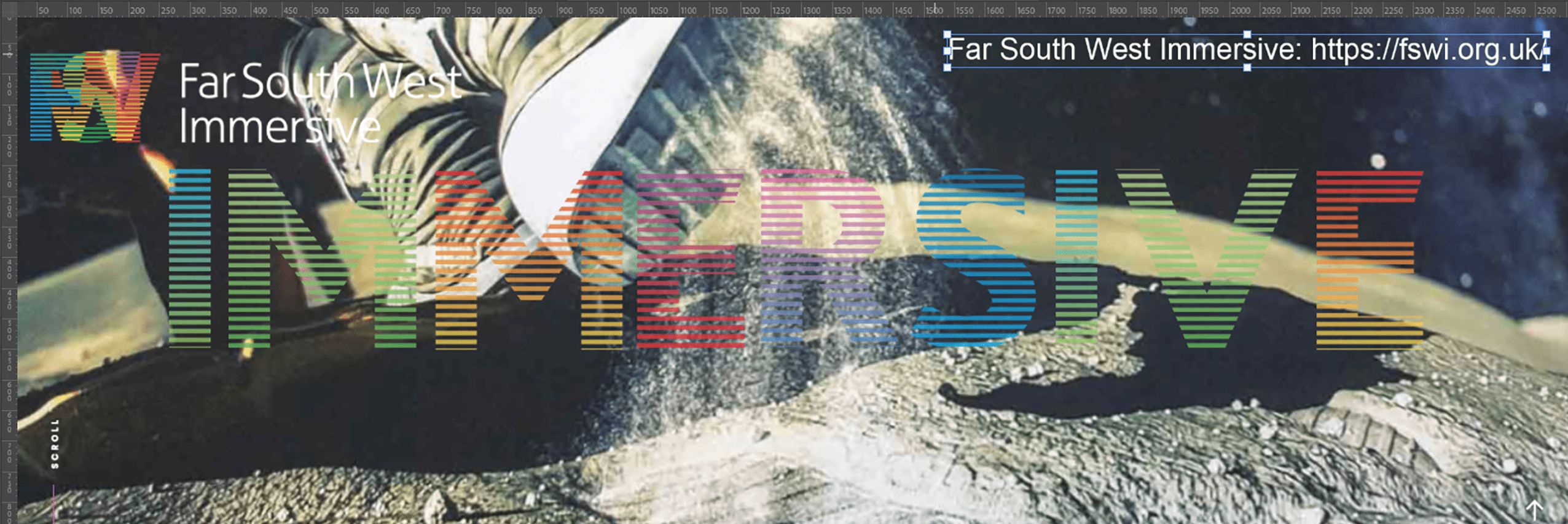Coming Soon:
‘Bio-OS 1.0’ is a pilot for i-DAT’s Collaborative Data Lab initiative which aims to identify opportunities to support and develop innovative ideas, prototypes and dissemination of creative content with a focus on the harvesting, sharing and visualization of data and information. The pilot is funded by the Arts Council of England and set to run from March to May 2011 with a focus on benefitting the arts in the South West of England.
The pilot builds on the i-DAT’s ‘Operating Systems’ initiative (Arch-OS, CO-OS and Eco-OS) [http://op-sy.i-dat.org/]. These open tools for gathering data from environments (buildings and landscapes) and organisms (crowds and bodies) are focused on delivering dynamic and interactive outputs through a range of technologies (such as social networks, streaming media, mobile phone Apps (iPhone, Android, Windows7), Full Dome environments and multi projector panoramic spaces). It will focus on the development of ‘Bio-OS’, a biological Operating System, which offer the opportunity to collect and manifest biological data.
The nature of the prototypes created from the Collaborative Data Labs, the links between them and the technologies that drive them are focused around the concept of ‘data’ as experience through creative productions to better understand the world and our impact on it. The intention is to make the data generated by human, ecological, economic and societal activity tangible and readily available to the public, artists, engineers and scientists for potential social, economic and cultural benefit.
